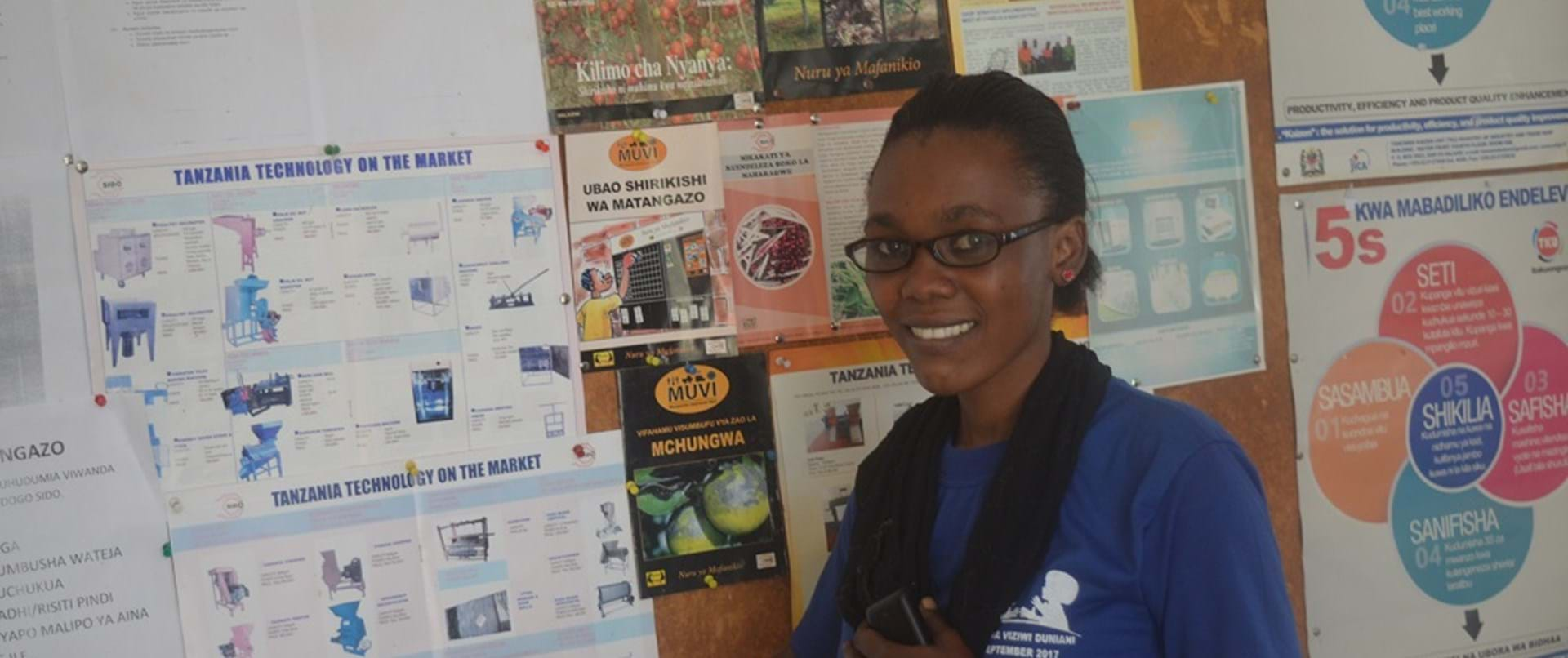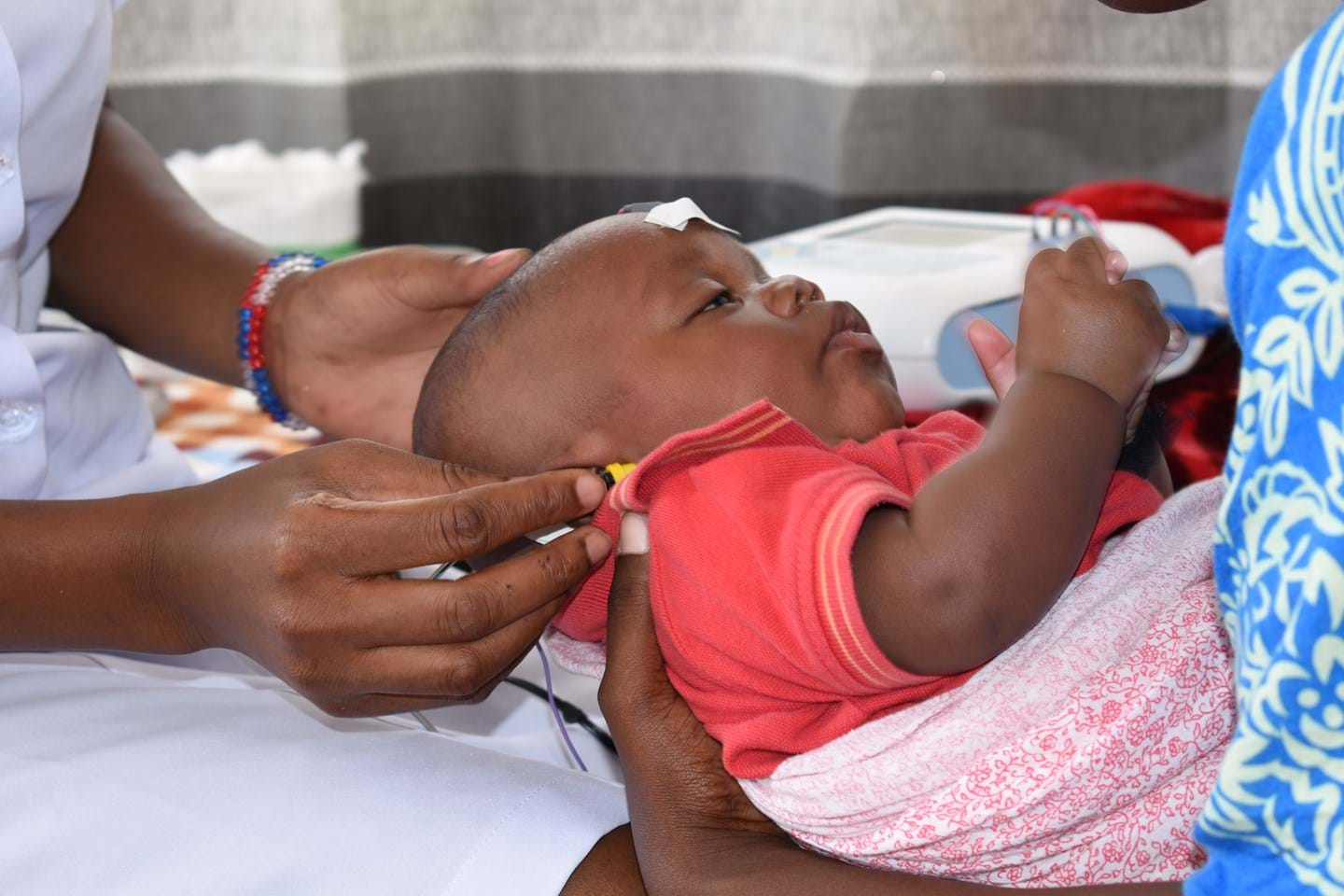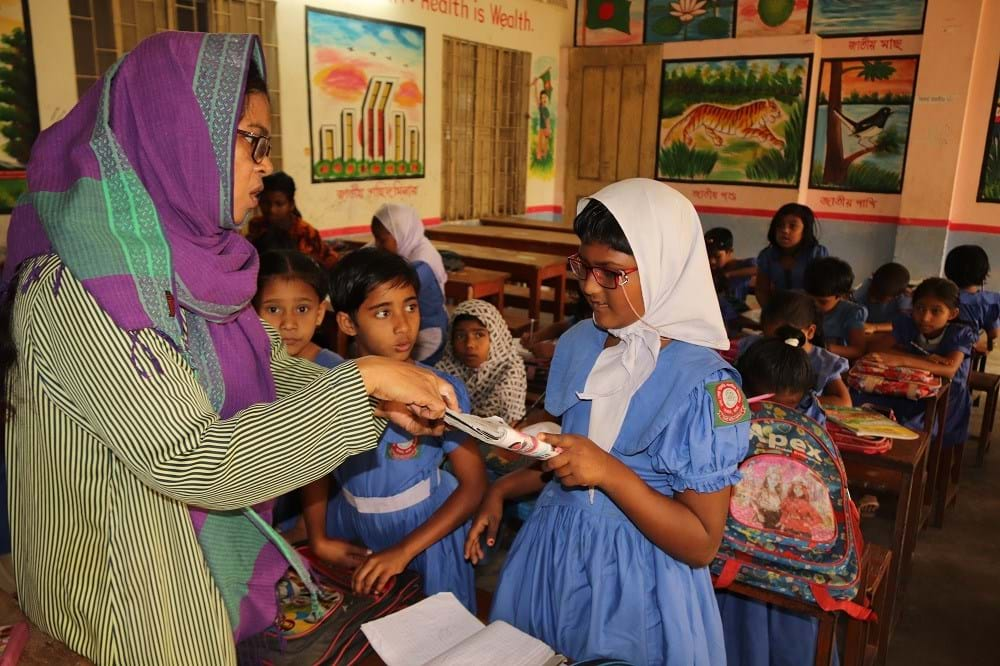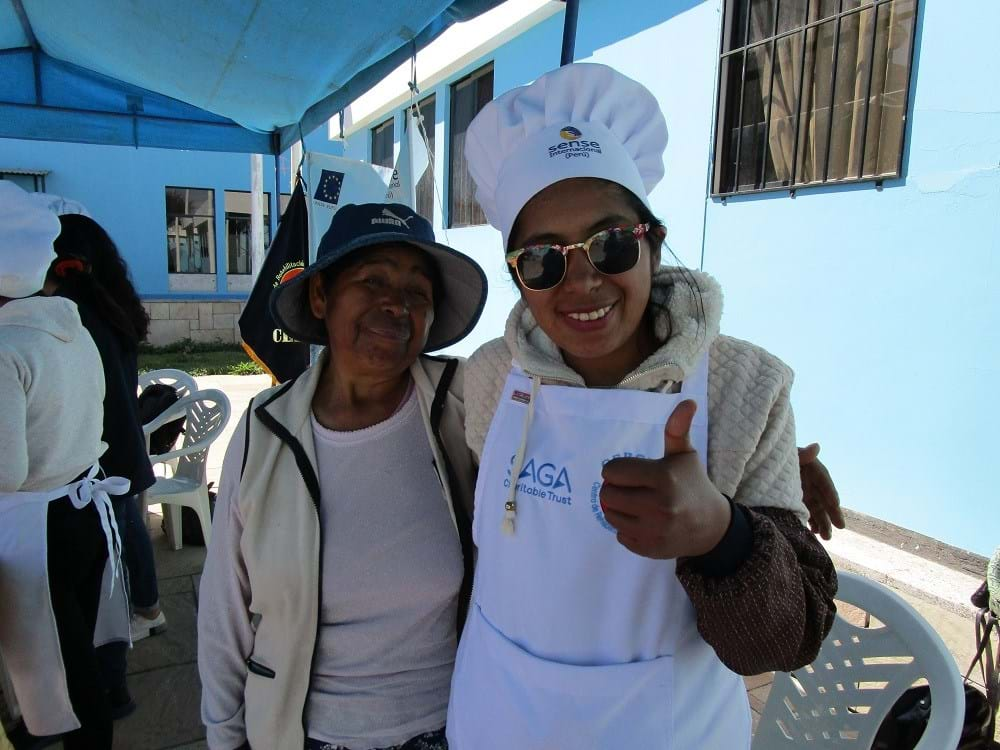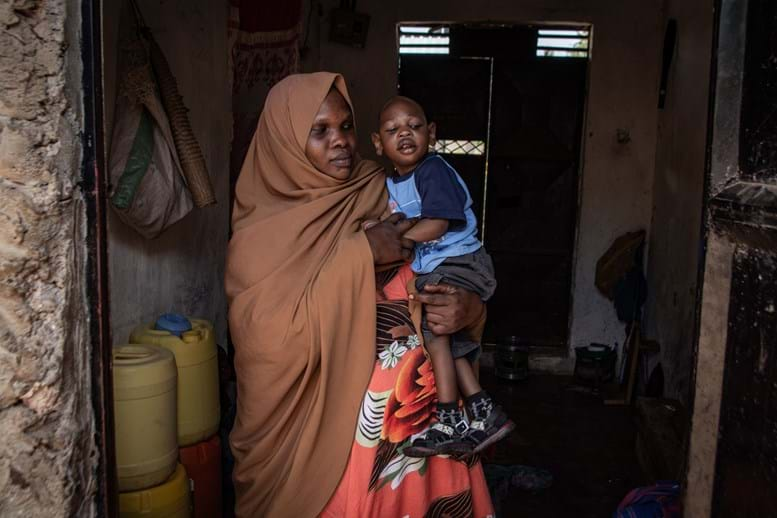Vocational training
Meaningful work gives young people with deafblindness an income, confidence, and the means to lead an independent, dignified life.
Both the United Nations Convention on the Rights of Persons with Disabilities (CRPD) and the Sustainable Development Goals emphasise the importance of ensuring that work opportunities are inclusive of persons with disabilities.
Access to employment not only creates economic independence, but also improves quality of life and promotes wider inclusion in society. These factors contribute significantly to individual wellbeing.
The challenge of accessing employment
People with deafblindness are ten times less likely to be in employment than their non-disabled peers, and 30% less likely than other people with disabilities.*
Many young people and their families experience social exclusion as a result of stigma and a lack of awareness about deafblindness.
The resulting isolation that they experience, paired with other challenges such as limited previous participation in education and few opportunities to develop communication and interpersonal skills, often mean that they cannot easily access livelihoods training schemes and other routes into the workplace.
How Sense International makes a difference
Sense International is ensuring that young people with deafblindness have a strong foundation for improved livelihoods prospects.
By strengthening early identification and helping education systems become more inclusive, we are enabling young people to build valuable skills and knowledge that will help them to secure work in later life.
But we realise that support is also needed now, and so we have developed a number of ways to help young people access work with the training and support that meets their individual needs.
We support young people with deafblindness to access formal vocational training.
We work with young people to explore their interests and preferences, helping them to build the confidence, self-esteem and personal skills to take forward their plans for further training.
We help vocational training centres to become more accessible to learners with deafblindness and other complex disabilities.
We work with teachers and other staff to increase awareness about deafblindness and to improve the physical accessibility of centres.
We also offer training in how to make adaptations to the curriculum and appropriate teaching methodologies. In some cases, we have helped to ensure that formal assessments are adapted to take the needs of learners with deafblindness into account, and that courses are fully accredited to help facilitate successful transition into employment.
We also help young people with deafblindness to establish their own business.
Not all young people with deafblindness attend formal training centres. Sometimes it is more appropriate to offer specialised training tailored to their needs so that they can learn a specific trade, such as bakery, catering, soap production or massage therapy.
Many have ideas for a business venture, and so we assist them to develop a business plan and build other essential management skills. We also provide seed funding for the purchase of equipment and initial inputs to help get the business off the ground.

